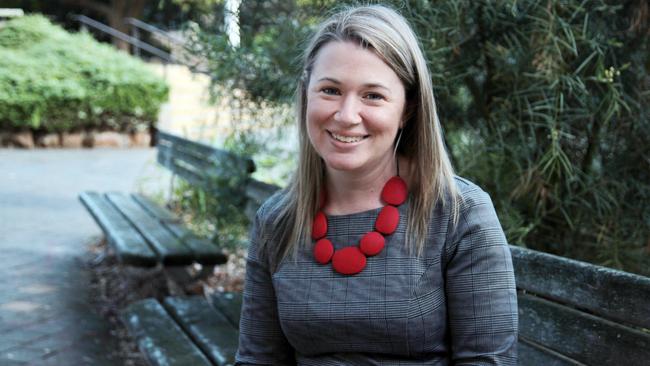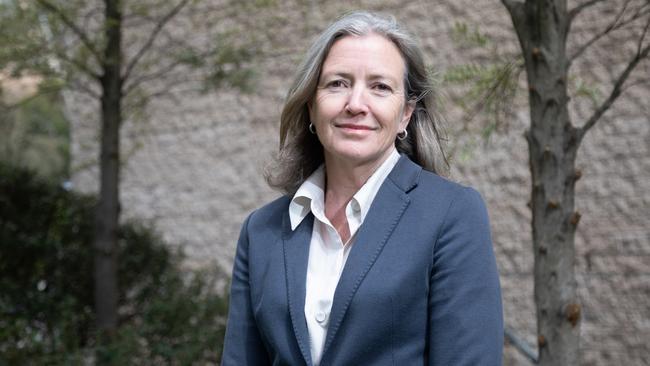Fears COVID concerns are creating mistrust and ‘demonisation’ in the community
COVID-19 is provoking strong emotions and fiercely opposing views on Tasmania’s border and social distancing rules, with fears it may lead to “systemic issues of prejudice” in the community.
Coronavirus
Don't miss out on the headlines from Coronavirus. Followed categories will be added to My News.
NOTHING has divided community opinion quite like coronavirus, and there are concerns the pandemic will lead to “systemic” prejudice and other harmful attitudes.
University of Tasmania clinical psychologist Kimberley Norris said a classic “us versus them” mentality was emerging in Tasmania, which had the potential to erode community disharmony well into the future.
Thousands of Tasmanians have “dobbed-in” others for alleged COVID-19 restriction breaches, with Tasmania Police receiving more than 6600 reports of non-compliance since coronavirus restrictions were implemented in March.
MORE CORONAVIRUS NEWS:
Talking Point: Tackle our weakest links with quarantine and testing
What Tassie’s virus exit strategy could look like
‘Intimidating’ COVID safety bliz on Tassie businesses
Associate Professor Norris said COVID-19 was provoking strong emotions and fiercely opposing views on Tasmania’s border and social distancing rules.
“This is a social psychology phenomenon known as in-group versus out-group behaviour,” she said.
“That’s where you get very strong opposition to one another and trying to find a middle ground is very difficult.”
Mistrust and “demonisation” was building towards those who had a more lax attitude to social distancing and other rules, while other emerging problems included “compassion fatigue” as the crisis wore on, Dr Norris said.
“In the longer term, these attitudes and associated behaviours can underpin systemic issues of prejudice,” she said.
“When someone or a group is a threat we are more likely to behave in negative and aggressive ways towards them.
“This erodes community harmony.”

Dr Norris said the demonising of Victorians and the assumption that “poor behaviour” led to that state’s virus outbreak could limit the ability for other states to learn from the experience in the event of second waves of COVID-19 in the future.
The university’s Tasmania Project has been surveying Tasmanians on issues relating to coronavirus, and director Libby Lester said the results were highlighting complex divisions and contradictions in community attitudes.
While support for Tasmania’s border restrictions dropped from 51 to 45 per cent between the first and second surveys in May and June, Professor Lester expected that figure to rise significantly with this month’s survey, given the situation in Victoria.
“I suspect we will see some people developing an anti-outsider element, with visitors being seen as potential carriers,” she said.

Prof Lester said divisions were also emerging between those “enjoying the return to 1980s-like Tasmania” with fewer tourists and improved access to housing, and those who desperately wanted to see the visitor economy return.
Dr Norris said more mental health messaging was vital at this time. “No one is immune to the effects of these biases, to this cognitive load issue, and at the end of the day we are all humans,” she said.
She urged anyone needing help to contact their GP about mental health support and said all Tasmanians could access telehealth services at the University’s Psychology Clinic.
To take part in Tasmania Project surveys go to www.utas.edu/tasmania-project


